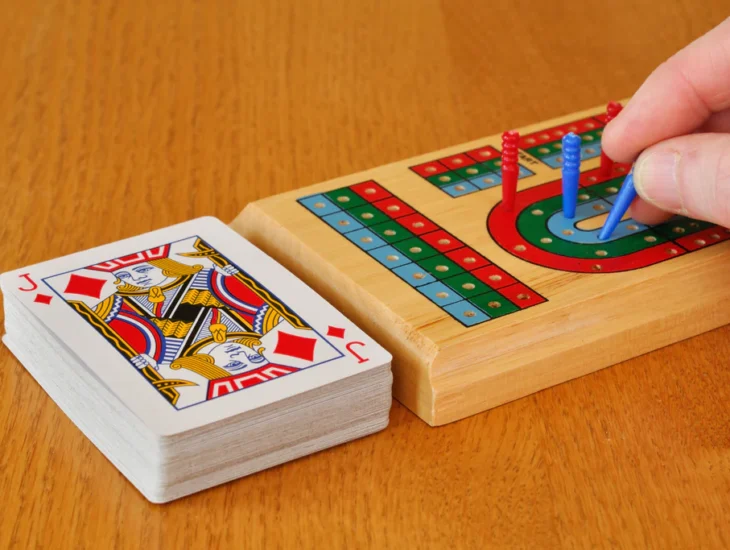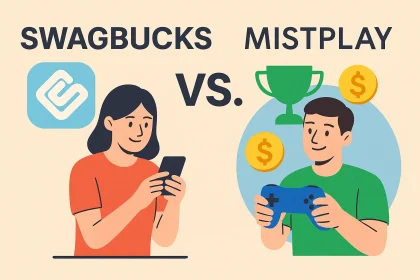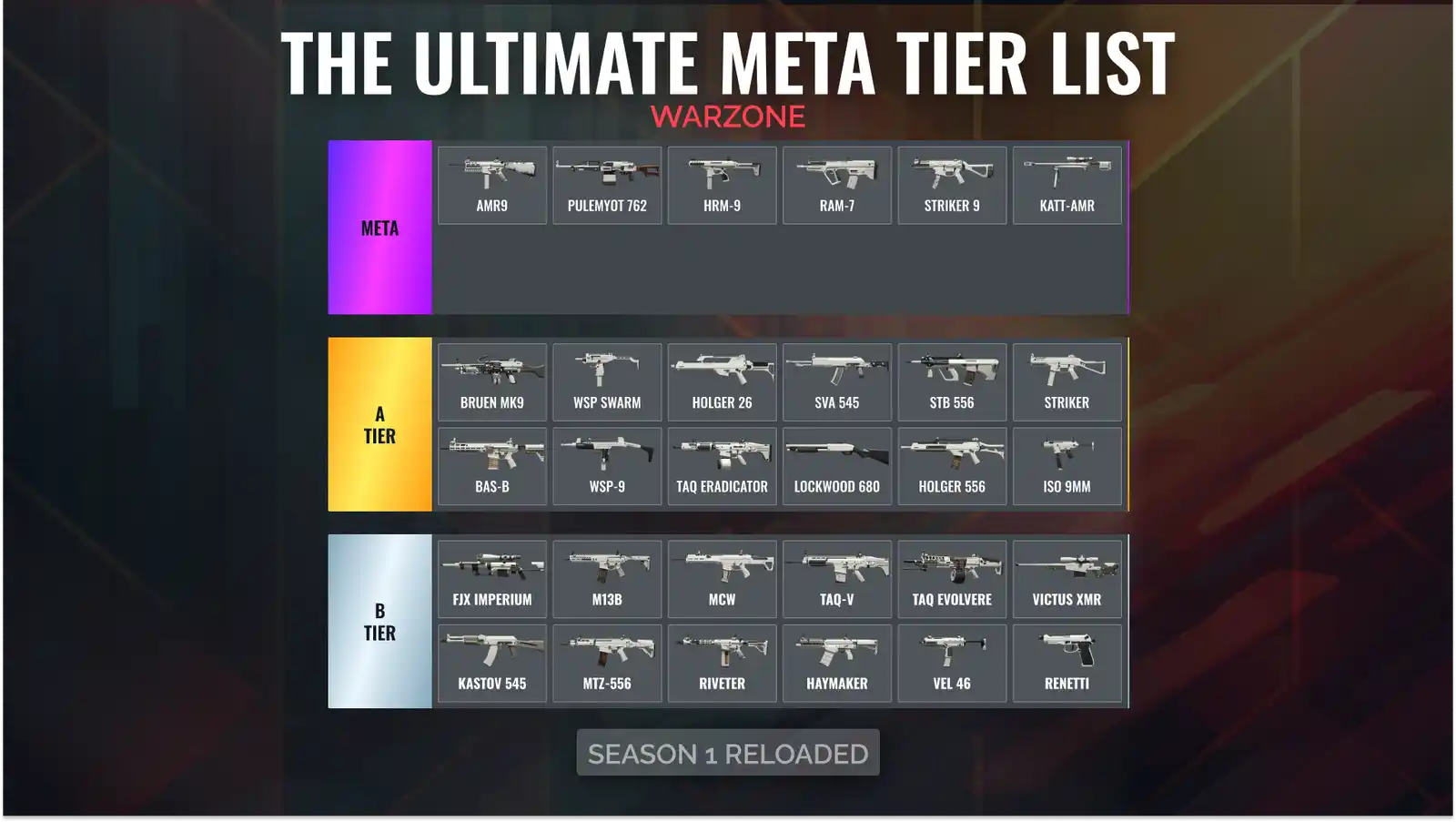Ever felt like you’re just shuffling cards and hoping for the best when playing cribbage? Do you watch seasoned players rack up points while you’re stuck counting a measly two for heels?
Don’t worry, you’re not alone! Cribbage can seem daunting, but with the right strategies, you can significantly boost your score and outsmart your opponents.
This article is packed with cribbage tips to improve your strategy and score. Ready to turn those frustrating losses into satisfying wins? Let’s dive in!
Understanding the Basics: A Quick Cribbage Refresher
Before we get into advanced strategies, let’s ensure we’re all on the same page with the fundamental rules. Cribbage is a card game typically played between two players, though variations exist for three or four.
The goal is to score points by forming combinations of cards during the play and the show. Understanding these combinations is crucial for effective gameplay.
Card Values and Scoring Combinations
- Aces are worth 1 point.
- Numbered cards (2-10) are worth their face value.
- Jacks, Queens, and Kings are each worth 10 points.
Common scoring combinations include:
- Fifteen: Any combination of cards that add up to 15 (worth 2 points).
- Pair: Two cards of the same rank (worth 2 points).
- Three of a Kind: Three cards of the same rank (worth 6 points).
- Four of a Kind: Four cards of the same rank (worth 12 points).
- Run: A sequence of three or more cards, regardless of suit (worth 1 point per card).
- Flush: Four cards of the same suit in hand (worth 4 points). Five cards of the same suit, including the starter, is worth 5 points.
- Nobs: Jack of the same suit as the starter card (worth 1 point).
The Deal, the Discard, and the Play
Each player is dealt six cards (in a two-player game). After the deal, each player discards two cards into the crib.
The crib is a separate hand that belongs to the dealer. The dealer scores the crib at the end of the play.
After discarding, a starter card is cut from the remaining deck. This card is used in scoring both hands and the crib.
The play involves each player laying down cards, adding their values together. The goal is to avoid exceeding a total of 31. Points are scored for reaching 15, 31, pairs, runs, and other combinations during the play.
Cribbage Tips for Strategic Discarding

Discarding is arguably the most critical aspect of cribbage strategy. What you throw away can significantly impact your score, both in your hand and in the crib.
Thinking Like the Dealer
If you’re the dealer, you want to maximize the potential of your crib. This means throwing in cards that are likely to combine well with each other and with common starter cards.
- Fives: Fives are valuable in the crib because they easily create fifteens.
- Cards that make 10: Like 10s, Jacks, Queens and Kings. These cards make 15 when combined with a 5.
- Pairs: A pair in the crib can lead to three-of-a-kind or four-of-a-kind if you get lucky with the starter.
Playing Against the Dealer
If you’re not the dealer, your goal is to minimize the dealer’s potential score. Avoid giving them combinations that will rack up points.
- Avoid giving away fives: Fives are too valuable for making fifteens.
- Break up potential runs: If you have consecutive cards, consider discarding one to disrupt a potential run in the crib.
- Be wary of giving away pairs: Pairs can easily turn into valuable combinations for the dealer.
Specific Discarding Scenarios
Let’s look at some specific scenarios to illustrate effective discarding strategies.
- Scenario 1: You hold 5, 6, 7, 8, 9, 10 (and you’re not the dealer). Discard the 10 and a low card (like a 6). Keeping the 5, 7, 8, 9 leaves you with a strong run potential and avoids giving the dealer a valuable five or a large card.
- Scenario 2: You hold 5, 5, J, Q, K, A (and you are the dealer). Discard the Q and K. You are giving yourself a pair of 5s and a good chance to make a 15 with the Jack and Ace.
- Scenario 3: You hold 2, 3, 4, 8, 9, J (and you’re not the dealer). Discard the Jack and the 8. This breaks up any potential runs and prevents the dealer from easily forming combinations.
Mastering the Play: Cribbage Tips for Smart Card Placement
The play is where you actively score points by strategically laying down cards. It requires careful consideration of card values, remaining cards in your hand, and your opponent’s potential moves.
Aiming for Fifteen and Thirty-One
The most obvious way to score during the play is by reaching fifteen or thirty-one. These are guaranteed points and should be prioritized when possible.
- Keep track of the count: Pay close attention to the running total to avoid going over 31.
- Play fifteens whenever possible: If you can play a card that brings the count to fifteen, do it.
- Reset the count: If the count reaches the high twenties, try to play a card that will bring it to 31, resetting the count and giving you another opportunity to score.
Recognizing and Creating Runs
Runs are another valuable source of points during the play. Be aware of the cards that have already been played and try to create runs whenever possible.
- Remember played cards: This helps you anticipate potential runs and avoid blocking yourself.
- Play cards that extend existing runs: If your opponent starts a run, consider adding to it if you can score points.
- Be careful not to block runs: Avoid playing cards that would prevent you or your opponent from extending a run.
Utilizing Pairs and Other Combinations
While fifteens and runs are the primary focus, don’t overlook the potential for pairs and other combinations.
- Play pairs when appropriate: A pair can set you up for three-of-a-kind or four-of-a-kind if the right cards are played.
- Consider the odds: Weigh the potential reward against the risk of giving your opponent an advantage.
- Vary your play: Don’t always play the obvious card. Sometimes, a less obvious play can be more strategic in the long run.
Defensive Play: Blocking Your Opponent
Sometimes, the best play is a defensive one. Blocking your opponent from scoring is just as important as scoring yourself.
- Anticipate your opponent’s moves: Try to predict what cards they might play and how they might score.
- Block potential runs: If you see your opponent setting up a run, consider playing a card that will disrupt it.
- Avoid giving them easy points: Be careful not to play cards that will allow them to easily reach fifteen or thirty-one.
Advanced Cribbage Strategies: Taking Your Game to the Next Level
Once you’ve mastered the basics, you can start incorporating more advanced strategies to gain a competitive edge.
Card Counting (Basic)
While not as complex as in some other card games, basic card counting in cribbage can be beneficial.
- Track high-value cards: Keep track of the number of fives and tens that have been played.
- Adjust your play accordingly: If many high-value cards have already been played, you can be more aggressive in your play.
- Consider the remaining cards: Factor in the cards that are still in your hand and the cards that you discarded into the crib.
Understanding Probabilities
Understanding the probabilities of drawing certain cards can help you make more informed decisions.
- Know the odds of drawing a specific card: Familiarize yourself with the odds of drawing a five, a ten, or any other card.
- Use probabilities to guide your discarding: If you’re the dealer and you need a five to complete a combination in the crib, knowing the probability of drawing one can help you decide whether to risk discarding other valuable cards.
- Adjust your play based on probabilities: If the odds of your opponent drawing a card that will hurt you are high, consider playing defensively.
Psychological Warfare: Reading Your Opponent
Cribbage is not just a game of cards; it’s also a game of psychology. Reading your opponent can give you valuable insights into their hand and their strategy.
- Pay attention to their facial expressions: Subtle changes in their expression can reveal whether they’re happy or disappointed with their hand.
- Observe their playing style: Are they aggressive or conservative? Do they tend to bluff?
- Use your observations to your advantage: Adjust your play based on what you learn about your opponent.
Practice, Practice, Practice
Like any skill, mastering cribbage requires practice. The more you play, the better you’ll become at recognizing patterns, anticipating your opponent’s moves, and making strategic decisions.
- Play regularly: Set aside time to play cribbage on a regular basis.
- Analyze your games: After each game, take some time to analyze your play and identify areas where you could have improved.
- Learn from your mistakes: Don’t be afraid to make mistakes. They’re a valuable learning opportunity.
Conclusion
Mastering cribbage involves understanding the rules, developing effective discarding strategies, and playing strategically. By incorporating the cribbage tips discussed in this article, you’ll be well on your way to improving your score and outsmarting your opponents. Remember to practice regularly, analyze your games, and adapt your strategy as needed.
What are your favorite cribbage strategies? Share your experiences and tips in the comments below!
FAQ Section
Here are some frequently asked questions about cribbage strategy:
Q: What’s the most important thing to consider when discarding?
A: The most important thing is to think about whether you are the dealer or not. If you are the dealer, you want to maximize your crib. If you are not, you want to minimize the dealer’s potential score.
Q: How important is it to count cards in cribbage?
A: While not essential, basic card counting can be beneficial. Tracking the number of fives and tens that have been played can help you make more informed decisions about your play.
Q: What should I do if I have a hand with no obvious scoring combinations?
A: In this situation, focus on playing defensively. Try to block your opponent from scoring and avoid giving them easy points. Consider discarding cards that will disrupt potential runs or prevent them from making fifteens.










